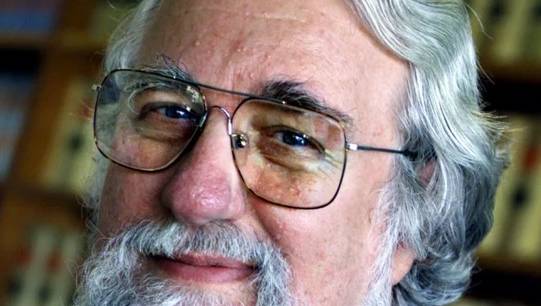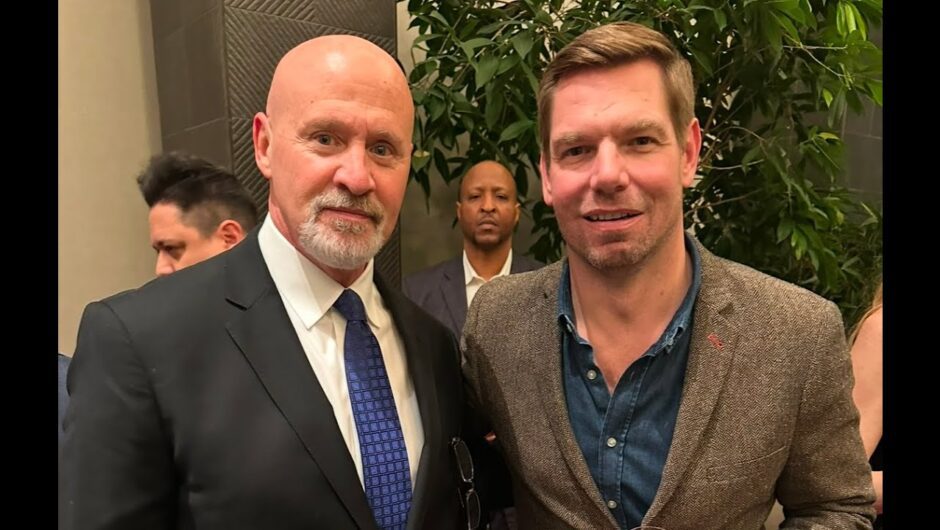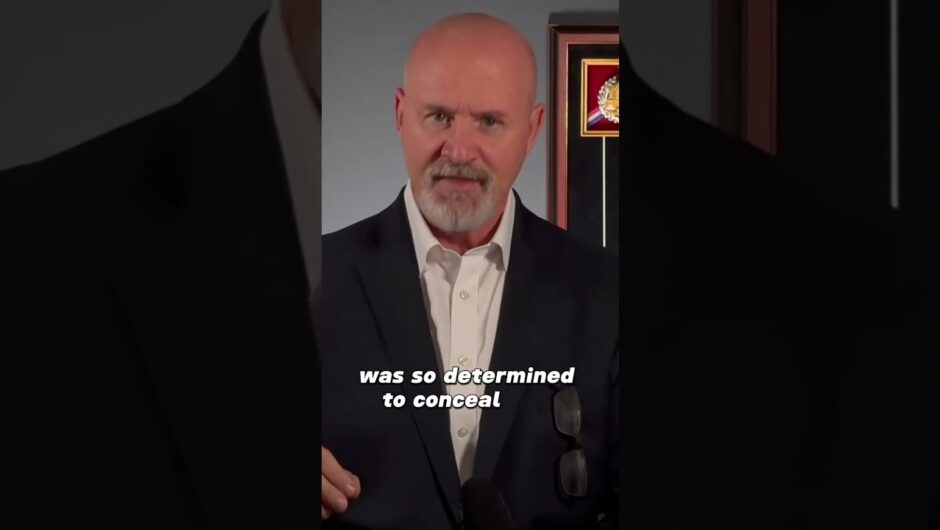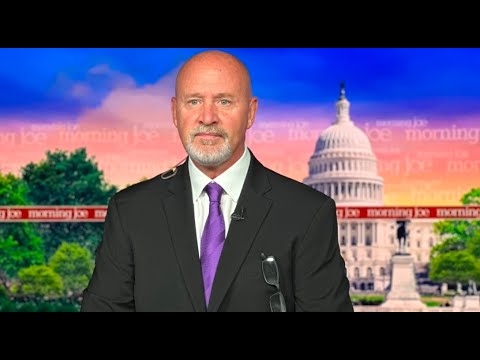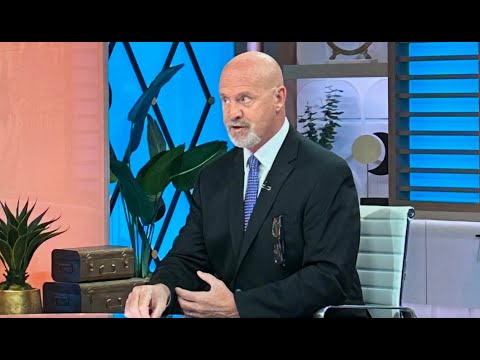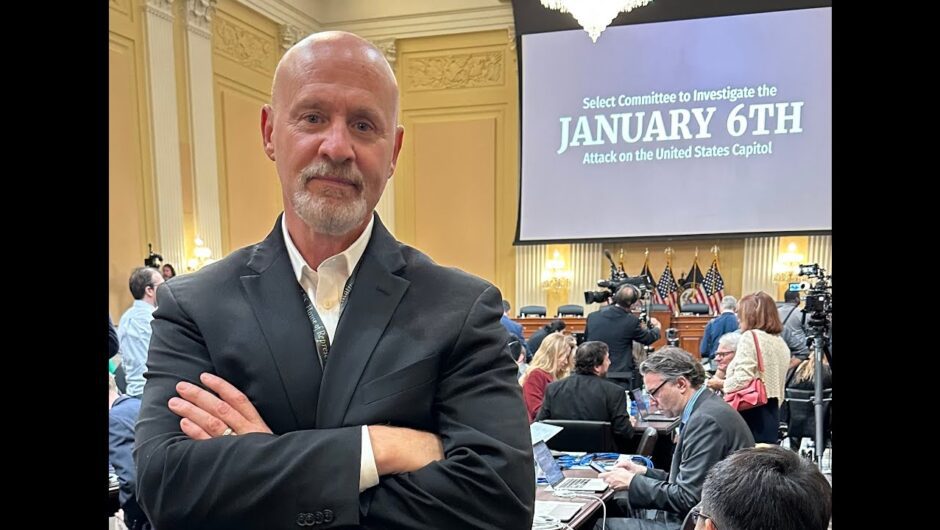news, latest-news,
The acting head of the ACT Integrity Commission plans to use community meetings to help draw back on the curtain on the anti-corruption watchdog’s operation. The integrity commission has been up and running for more than 12 months, but has yet to produce a report, hold a public hearing or disclose any information on the subjects of its investigations. It was investigating three matters, and had received 140 complaints, as of December 1. Michael Adams QC, who was last week appointed acting commissioner following Dennis Cowdroy’s resignation in November, said the lack of public information about complaints and investigations was not unusual. Mr Adams said public hearings were held only after a complaint had been thoroughly investigated, a process which, “for obvious reasons”, had to be done in private. But he doesn’t want the new commission to operate entirely in the dark. He said that once he officially started in the position on January 12, he wanted to hold public meetings to educate Canberrans about the commission’s role. Putting a public face to the organisation might also make people feel more comfortable about coming forward with a complaint, he said. “I think it is one thing to make a complaint to an organisation, quite a different thing when you have heard them speaking in the public arena,” Mr Adams said. “Obviously [speaking about the commission’s work in public] has to be done carefully.” Mr Adams, who has taken leave from the NSW District Court to take on the position, plans to split his time between Sydney and Canberra during his six-month stint with the commission. He has no intention at this stage of applying for the role full-time, citing a need to relocate permanently to Canberra. His predecessor was understood to have commuted to Canberra while in the position. Mr Adams said the strict eligibility criteria for the commissioner’s role, which includes a requirement that they have been a judge and have not been a member of parliament or in the public service in the past five years, meant it was more likely a candidate would have to come from outside the ACT. Finding someone who fit the criteria and was willing to relocate to Canberra might be challenging, he said. “There would be some [potential appointees] from the ACT, certainly, but you’ve probably got to get people from outside,” he said. “That’s a big life decision [to move to Canberra] when you’re looking at people who in all likelihood are in their late 60s, early 70s.” A former NSW Supreme Court judge, Mr Adams most recently served as the first chief commissioner of police watchdog the Law Enforcement Conduct Commission. His departure from the commission was seen as controversial, with reports of a major falling out between him and one of his top lieutenants. It also coincided with his high-profile inquiry into strip searches by NSW police, which had uncovered cases of officers misusing their powers. Mr Adams confirmed the NSW government had not renewed his three-year contract, but said that was standard practice in such positions. During his term Mr Adams developed a reputation for being outspoken, making headlines last year for accusing police of passing inside information to criminal gangs. Rejecting any assertions that he was “combative or confrontational”, Mr Adams said it was important for people in watchdog roles to be seen as truly independent. “If you’re worried about whether you are going to get reappointed then you shouldn’t take this job,” he said. “Independence is at its very centre. “Another aspect of independence, and this mustn’t be overstated because it’s not an objective in itself, is to give the public confidence that they can come forward. The perception of independence is important.” .
/images/transform/v1/crop/frm/znhWFHRUTrpRC32tGqnZkk/a5480bc1-5afc-45c1-aff0-b61f9ad92c7d.jpg/r0_100_541_406_w1200_h678_fmax.jpg
Michael Adams QC has been appointed acting ACT Integrity Commissioner
The acting head of the ACT Integrity Commission plans to use community meetings to help draw back on the curtain on the anti-corruption watchdog’s operation.
The integrity commission has been up and running for more than 12 months, but has yet to produce a report, hold a public hearing or disclose any information on the subjects of its investigations.
It was investigating three matters, and had received 140 complaints, as of December 1.
Mr Adams said public hearings were held only after a complaint had been thoroughly investigated, a process which, “for obvious reasons”, had to be done in private.
But he doesn’t want the new commission to operate entirely in the dark.
He said that once he officially started in the position on January 12, he wanted to hold public meetings to educate Canberrans about the commission’s role.
Putting a public face to the organisation might also make people feel more comfortable about coming forward with a complaint, he said.
“I think it is one thing to make a complaint to an organisation, quite a different thing when you have heard them speaking in the public arena,” Mr Adams said.
“Obviously [speaking about the commission’s work in public] has to be done carefully.”
Mr Adams, who has taken leave from the NSW District Court to take on the position, plans to split his time between Sydney and Canberra during his six-month stint with the commission.
He has no intention at this stage of applying for the role full-time, citing a need to relocate permanently to Canberra. His predecessor was understood to have commuted to Canberra while in the position.
Mr Adams said the strict eligibility criteria for the commissioner’s role, which includes a requirement that they have been a judge and have not been a member of parliament or in the public service in the past five years, meant it was more likely a candidate would have to come from outside the ACT.
Finding someone who fit the criteria and was willing to relocate to Canberra might be challenging, he said.
“There would be some [potential appointees] from the ACT, certainly, but you’ve probably got to get people from outside,” he said.
“That’s a big life decision [to move to Canberra] when you’re looking at people who in all likelihood are in their late 60s, early 70s.”
A former NSW Supreme Court judge, Mr Adams most recently served as the first chief commissioner of police watchdog the Law Enforcement Conduct Commission.
Dennis Cowdroy resigned as ACT Integrity Commissioner in November. Picture: Elesa Kurtz
Mr Adams confirmed the NSW government had not renewed his three-year contract, but said that was standard practice in such positions.
Rejecting any assertions that he was “combative or confrontational”, Mr Adams said it was important for people in watchdog roles to be seen as truly independent.
“If you’re worried about whether you are going to get reappointed then you shouldn’t take this job,” he said.
“Independence is at its very centre.
“Another aspect of independence, and this mustn’t be overstated because it’s not an objective in itself, is to give the public confidence that they can come forward. The perception of independence is important.” .

